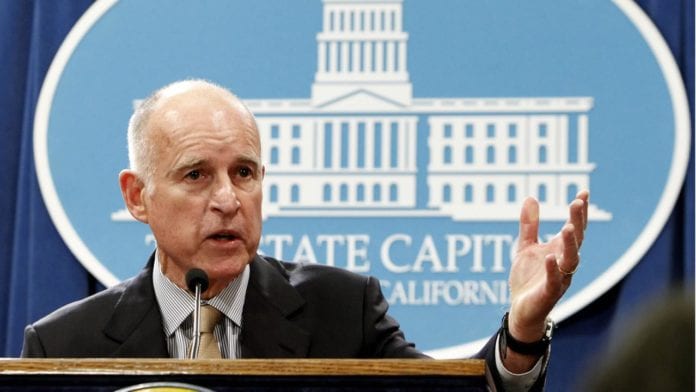Governor Jerry Brown of California waited until the eleventh hour to announce that he would not sign legislation giving his state more authority over how local governments deal with applications for small cells. Brown said he believes local governments need a “more balanced solution” that will allow them to retain more authority over their rights of way.
California Senate Bill 649 stated that any small cell deployment proposed in the public right of way should be a permitted use statewide and should be subject only to encroachment or building permits. In addition, the bill would have limited the fees that municipalities could charge service providers for small cell attachments to vertical infrastructure owned or controlled by a city or county. Cities would have been able to charge companies a maximum of $250 a year after recouping the cost of attachment.
Wireless service providers and their partners said the bill would create jobs and expedite 5G service for California. 5G networks are widely expected to rely heavily on small cells, because they will use millimeter waves that cannot transmit over long distances, so the cells will need to be closer together. In addition, 5G networks will support bandwidth-hungry applications like streaming video, so networks will need more capacity than traditional towers can provide. Small cells are also expected to play a key role in smart cities, which will require edge nodes for low-latency applications like adaptive traffic signals and autonomous vehicles.
Municipal governments are trying to balance the benefits of smart city technologies against citizen concerns about cell site radiation and unsightly equipment. In addition, some cities want to partner with the industry to try to bring connectivity to low-income areas. In order to do this, cities need to negotiate from a position of strength, and this is one reason California city governments were opposed to SB 649.
California is the second state to come close to small cell legislation without enacting a law. Earlier this year, Ohio actually passed a law limiting municipal authority with respect to small cells, but it was overturned because it had been unconstitutionally passed as an amendment to an unrelated bill.
A handful of states have actually adopted small cell legislation. These include Florida, Colorado, Arizona, Kansas, Virgina, Minnesota and Indiana.
Follow me on Twitter.
Image source: abc7news.com

